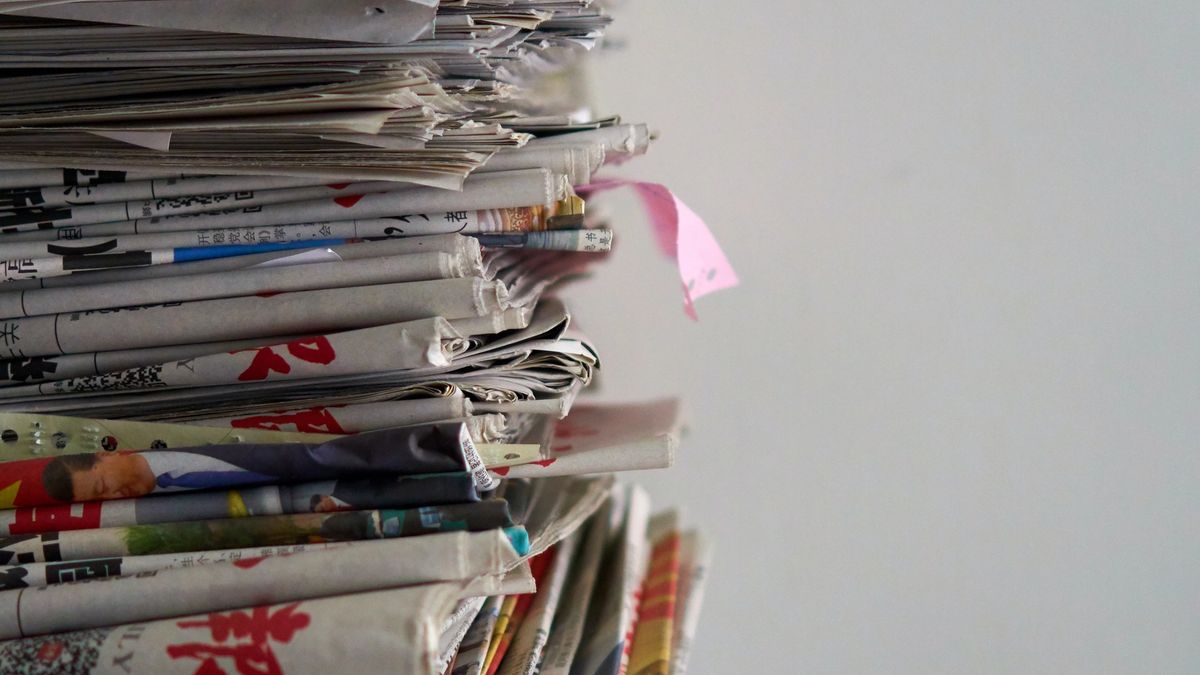
Think before you share: How to spot an online hoax
Social media users are among the worst for clicking share absentmindedly. It was only this morning that I saw street artist Banksy has been arrested yet again (he hasn’t). Lately we’ve also seen a three-breasted woman, reports of being able to charge your new iPhone in a microwave, and so many crazy things reported about the latest Ebola outbreak.
Everyone can afford to be a little more skeptical about online reporting. Here are some top tips:
1. Evaluate it’s likelihood.
I remember a couple of years ago there was a story that surfaced that claimed ‘SAMSUNG PAYS APPLE $1 BILLION SENDING 30 TRUCKS FULL OF 5 CENT COINS’. They didn’t. They most definitely didn’t. You couldn’t fit $1billion in 5 cent coins into 30 trucks. You couldn’t even fit them into 1000 trucks. And you most certainly couldn’t get your hands on that many coins in the first place. This interesting article from the Guardian explains in more detail why.
2. Evaluate the source.
Just because something was retweeted thousands of times on Twitter doesn’t make it true. Actually, more credible sources sometimes get it wrong too. The problem with journalism in the digital age is stories are shared so quickly and can be written by absolutely anyone that myth can easily be taken as fact by thousands, even millions of people. So what is a good rule to go by? “If a story is viral, truth may be taking a beating”.
3. Is it satire?
There are some really excellent satirical news sites out there. I still see people sharing these articles with shocked emoticons or outraged tag lines attached. Then about ten or so of their friends replying with equally angry comments before someone has to point out their mistake.
4. Do I really know what I’m sharing?
The internet has exploded with info graphics and memes lately. Anyone can create one, and anyone can make them for their own agendas. This means that if you see a picture of a melancholy pensioner with a caption that angrily states his pension is less than that of an immigrant, alongside some facts and figures, it’s probably best that you stop to consider the bigger picture.
One of the biggest culprits of this is Britain First and their ruthless Facebook campaign.
As Another Angry Voice states, “Britain First use populist infographics to dupe unsuspecting people into following their hate group. In between Islamophobic rants and immigration lies the Britain First admins intersperse images that the majority of people agree with (infographics decrying animal cruelty, anti-paedophilia memes, support our troops/football team memes, don’t leave dogs in hot cars memes …) so that ordinary people get hooked in to following their page.”. Read the full article here.
Ease of communication with millions around the world is one of the most exciting things about the world we live in today. Just use the power wisely. Remember George Orwell’s novel 1984, and the Ministry of Truth, rewriting history. We were always told “don’t believe everything you read”, which is now more relevant than ever.
